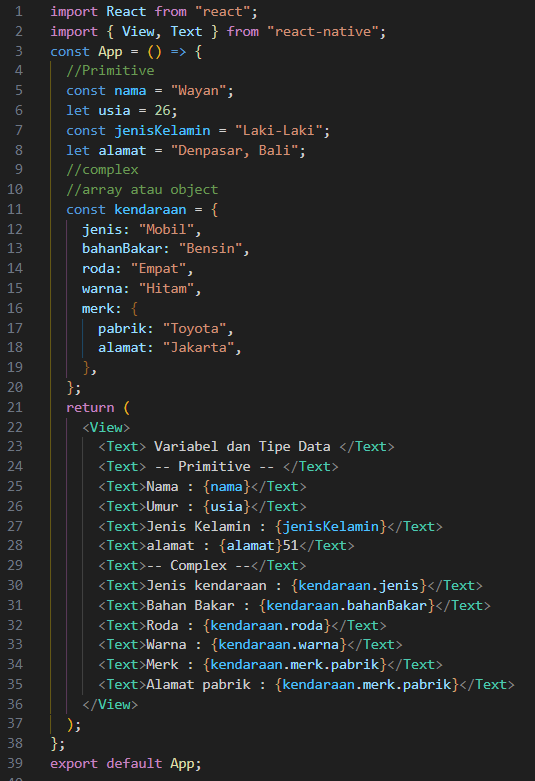Tackling Asynchronous Bugs in JavaScript: Race Conditions and Unresolved Promises
Asynchronous programming in JavaScript unlocks powerful capabilities like non-blocking I/O, real-time updates, and parallel task handling. However, it also introduces subtle bugs that can derail your application. Two of the most common pitfalls are race conditions and unresolved promises, which lead to unpredictable behavior, memory leaks, and crashes. In this guide, we’ll dissect these issues, explore real-world examples, and provide actionable solutions. 1. Race Conditions: The Silent Concurrency Killer A race condition occurs when the outcome of your code depends on the timing or order of asynchronous operations. This often happens when multiple tasks access shared resources without proper synchronization. Example 1: Autocomplete Search (Fetch API) Imagine an autocomplete search bar that fires API requests on every keystroke. If a user types quickly, older requests may resolve after newer ones, overwriting correct results with stale data: let latestRequestId = 0; async function search(query) { const requestId = ++latestRequestId; const results = await fetch(`/api/search?q=${query}`); // Only update if this is the latest request if (requestId === latestRequestId) { renderResults(results); } } The Fix: Use an AbortController to cancel outdated requests: const controller = new AbortController(); fetch(url, { signal: controller.signal }); // Cancel on new keystroke: controller.abort(); Example 2: File I/O in Node.js Multiple async file operations can corrupt data if not sequenced properly: //
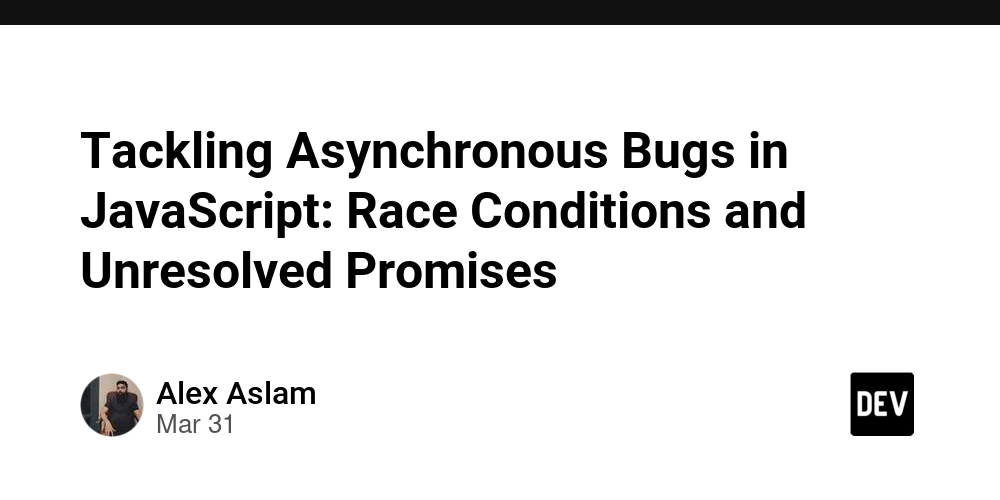
Asynchronous programming in JavaScript unlocks powerful capabilities like non-blocking I/O, real-time updates, and parallel task handling. However, it also introduces subtle bugs that can derail your application. Two of the most common pitfalls are race conditions and unresolved promises, which lead to unpredictable behavior, memory leaks, and crashes. In this guide, we’ll dissect these issues, explore real-world examples, and provide actionable solutions.
1. Race Conditions: The Silent Concurrency Killer
A race condition occurs when the outcome of your code depends on the timing or order of asynchronous operations. This often happens when multiple tasks access shared resources without proper synchronization.
Example 1: Autocomplete Search (Fetch API)
Imagine an autocomplete search bar that fires API requests on every keystroke. If a user types quickly, older requests may resolve after newer ones, overwriting correct results with stale data:
let latestRequestId = 0;
async function search(query) {
const requestId = ++latestRequestId;
const results = await fetch(`/api/search?q=${query}`);
// Only update if this is the latest request
if (requestId === latestRequestId) {
renderResults(results);
}
}
The Fix:
- Use an AbortController to cancel outdated requests:
const controller = new AbortController();
fetch(url, { signal: controller.signal });
// Cancel on new keystroke:
controller.abort();
Example 2: File I/O in Node.js
Multiple async file operations can corrupt data if not sequenced properly:
//






































































































































































![[The AI Show Episode 143]: ChatGPT Revenue Surge, New AGI Timelines, Amazon’s AI Agent, Claude for Education, Model Context Protocol & LLMs Pass the Turing Test](https://www.marketingaiinstitute.com/hubfs/ep%20143%20cover.png)


















































































































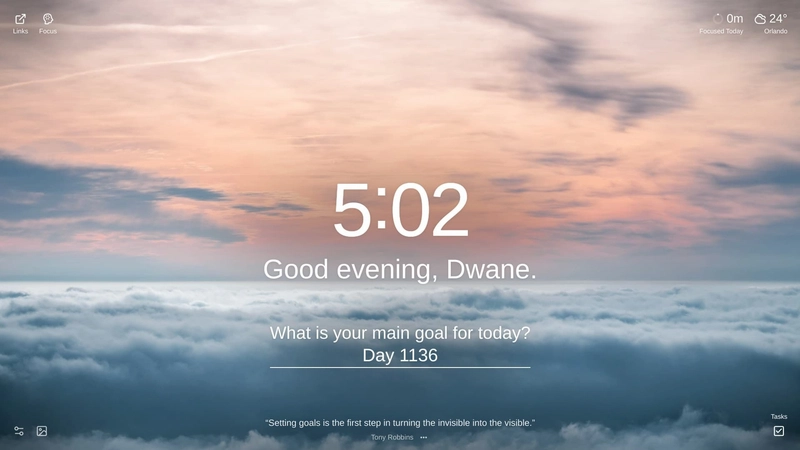
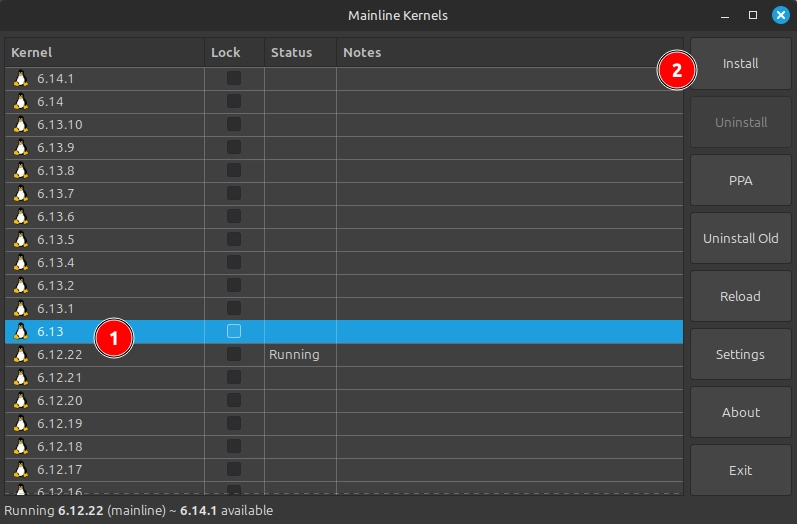
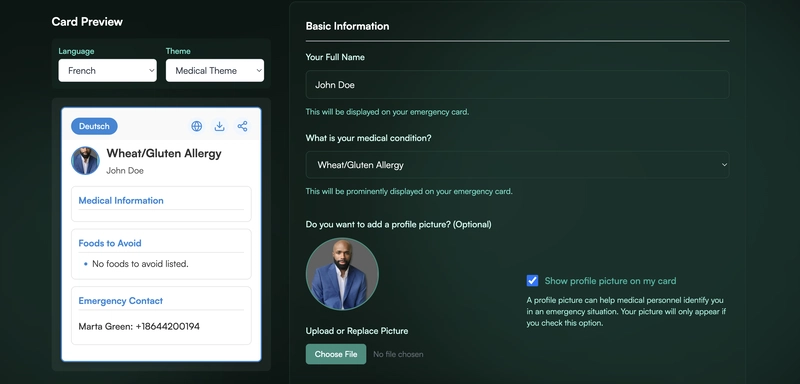












![From drop-out to software architect with Jason Lengstorf [Podcast #167]](https://cdn.hashnode.com/res/hashnode/image/upload/v1743796461357/f3d19cd7-e6f5-4d7c-8bfc-eb974bc8da68.png?#)









































































































.jpg?#)































_ArtemisDiana_Alamy.jpg?#)


 (1).webp?#)















































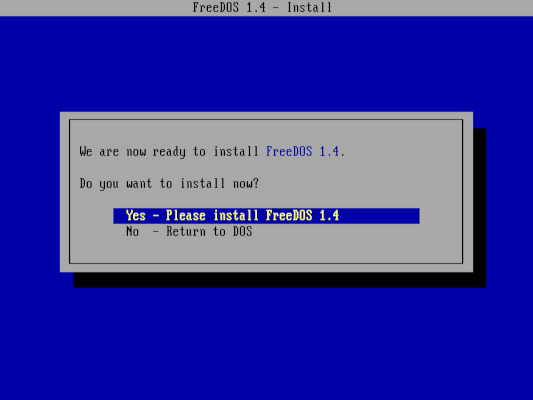

























-xl.jpg)













![Yes, the Gemini icon is now bigger and brighter on Android [U]](https://i0.wp.com/9to5google.com/wp-content/uploads/sites/4/2025/02/Gemini-on-Galaxy-S25.jpg?resize=1200%2C628&quality=82&strip=all&ssl=1)









![Apple Vision Pro 2 Allegedly in Production Ahead of 2025 Launch [Rumor]](https://www.iclarified.com/images/news/96965/96965/96965-640.jpg)


![New iOS 19 Leak Allegedly Reveals Updated Icons, Floating Tab Bar, More [Video]](https://www.iclarified.com/images/news/96958/96958/96958-640.jpg)






























































































































